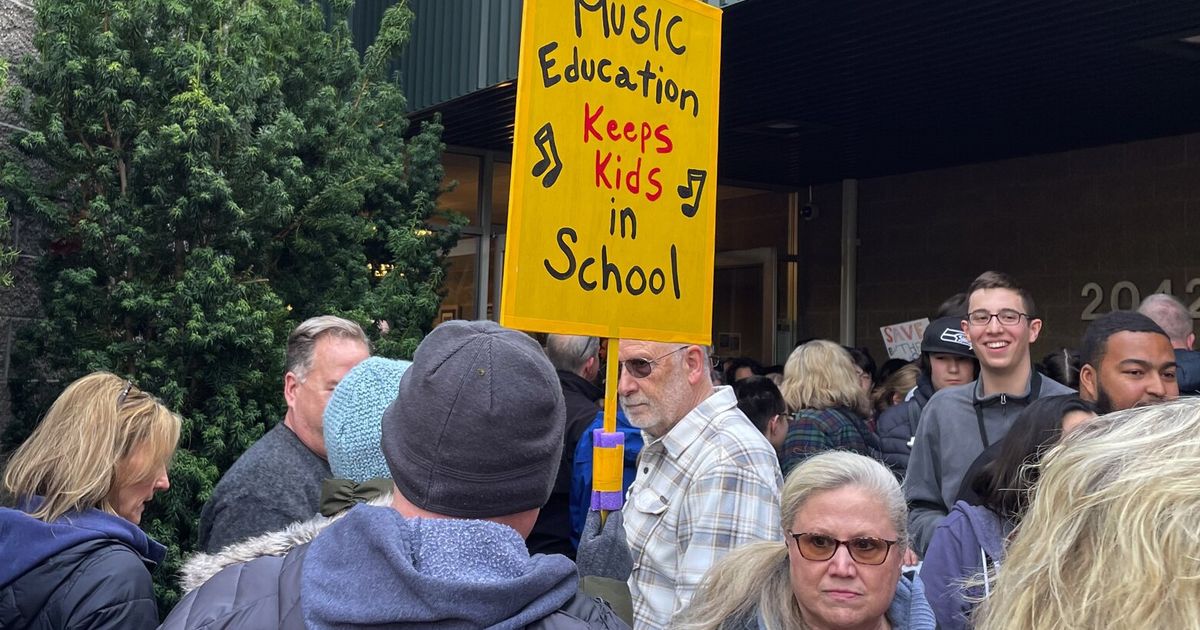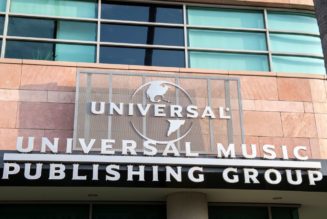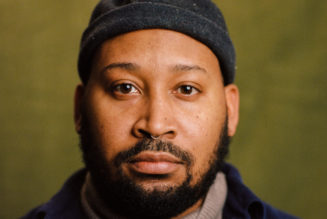
As the Seattle Times recently reported, school districts across our region are proposing deep cuts to music and other arts programming. These cuts would be foolhardy, and mountains of research exists to show why.
Study after study shows that students who participate in school music outperform their nonmusical counterparts in math, sciences and English. In one Canadian study conducted by the University of British Columbia involving 100,000 students, this was true even after researchers controlled for such things as gender, ethnicity and socio-economic status.
“Those who took several years of instrumental music class had higher scores in math and science in grade 10 and higher English scores in Grade 12 exams and were one year ahead of their peers,” according to the study, which was then used to to accurately predict the same outcome in a follow-up.
Countless others have reached similar conclusions, from institutions like Johns Hopkins Medicine; the American Psychological Association; the Brain and Creativity Institute at University of Southern California; and the National Institutes of Health.
Playing music is not easy. Musicians have to track from note to note, passage to passage, keep track of form, physically control their instrument, maintain their rhythmic timing (pure math), and, in the case of improvising musicians, track functional harmony (chords) and create logical musical phrases of their own in real time as chords change. The brain is doing a huge amount of computing when playing music!
As any music teacher will tell you, playing music is the best cognitive development “bang for your buck” there is. Music is a cognitive glue that connects activity from various parts of the brain, it is a vitamin that kick-starts higher level thinking, it is an objective that players work together as a team to achieve and it is a seed from which creativity is born.
Music teachers aren’t in this just to train musicians; only a tiny percentage of students who participate in school music will pursue it in college or as a career. No, music teachers are training the future biochemist who will cure cancer, the tech genius who will invent an organic processor faster than anything we can imagine, the engineer who will devise an efficient, compact way to create hydrogen to power automobiles, or the scientist who will make nuclear fusion a viable energy source.
Cuts to these programs will have long-lasting impacts, even if the intent is to reinvest in music again when finances are better, because a solid music program takes a decade or more to develop. I know this from personal experience as founder and director of a nonprofit after-school steelband program here in our area. Whether in a school or community-based, building a quality music program takes time. There are currently award-winning music programs (like those in my own district, Edmonds) on the chopping block, and anything that gets cut now won’t be rebuilt anytime soon.
School boards cite lower enrollments as a primary justification for cutting music programs. It is true that enrollment is down in music and other arts as a result of COVID; it was nearly impossible to teach online, so class sizes dwindled. But instead of cutting music, they should be putting forth an effort to promote music and get the kids back into the band room!
Now, the touchy-feely stuff: music is also important for the social development and mental health of our children. Music was my best friend growing up, my therapy, and I know some kids right now in my own program who would say the same thing. Attend your school board meetings and save music in the schools!









